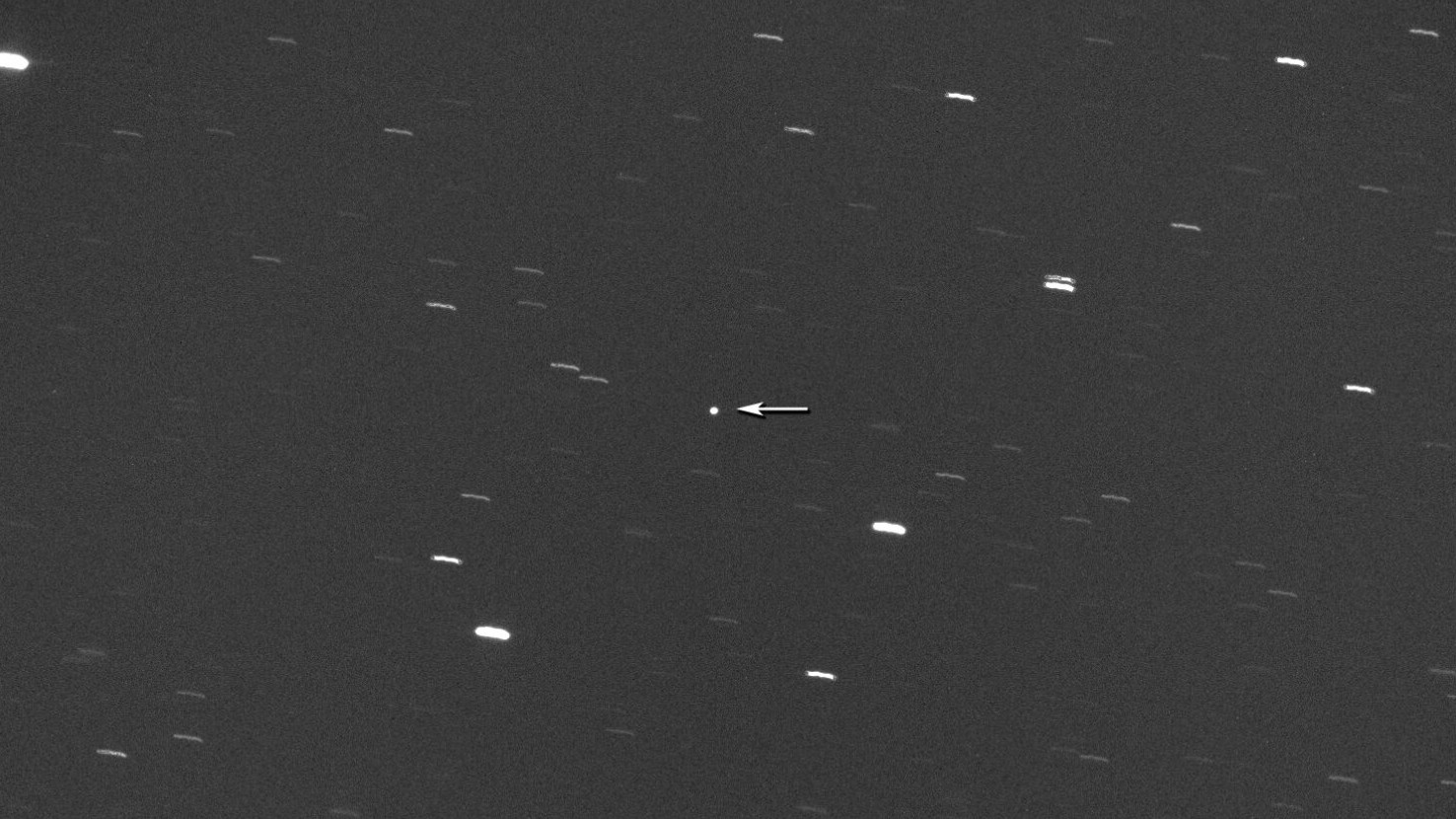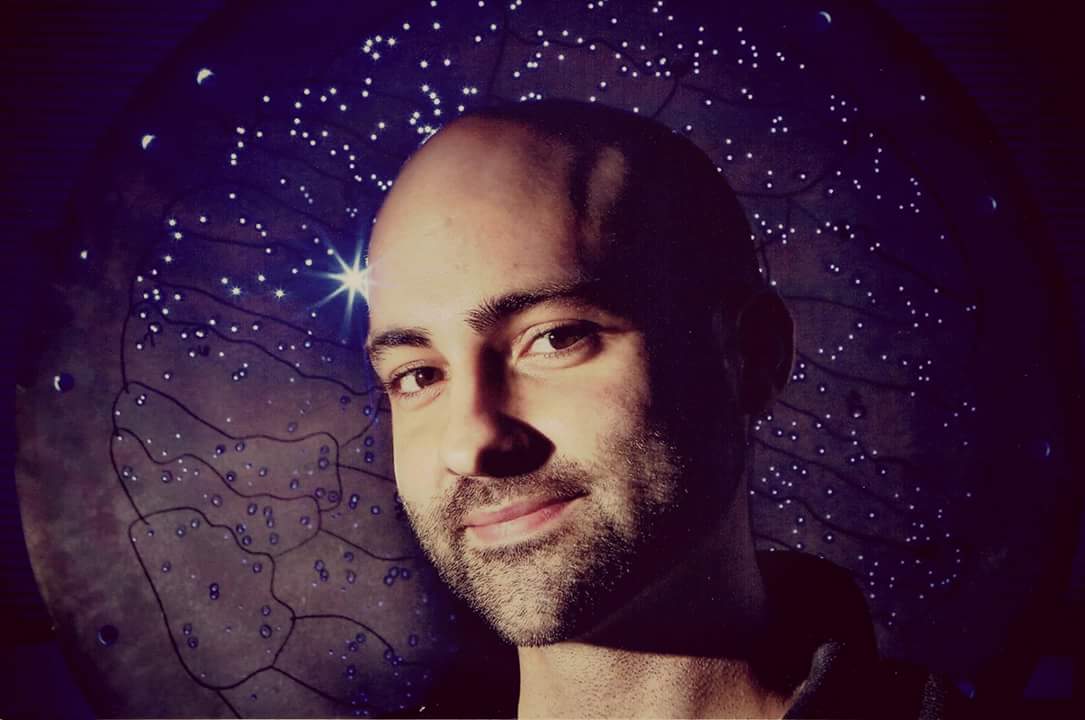
Paul Sutter
Paul M. Sutter is a cosmologist at Johns Hopkins University. A prolific scientist, he has written over 60 academic publications on topics such as the earliest moments of the big bang and the largest objects in the universe. Paul is also an award-winning science communicator. He has authored three critically acclaimed, international bestselling books and has hosted television shows on Discovery, Science Channel, History Channel, and numerous digital outlets. You can find his essays in The New York Times, Scientific American, Nautilus, and more. In addition to regular appearances on NBC News, BBC News, CNN, and The Weather Channel, Paul has developed one of the most popular podcasts in the world and is a globally recognized leader in the intersection of art and science, especially in his role as a United States Cultural Ambassador.
Latest articles by Paul Sutter
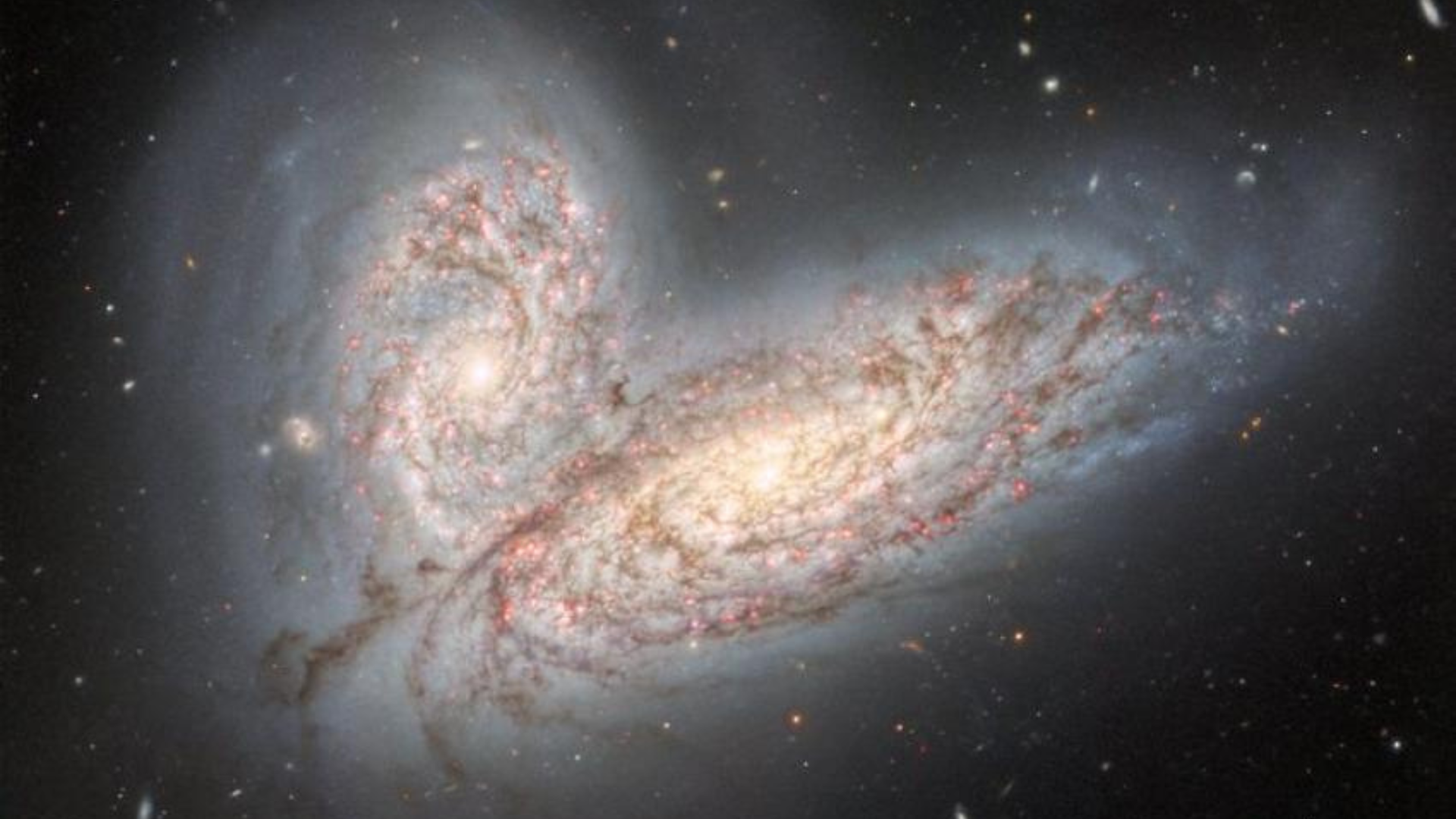
How are galaxies destroyed?
By Paul Sutter published
Space mysteries If you're in the mood to destroy an entire galaxy, you have several options, depending on your desired level of destructiveness.
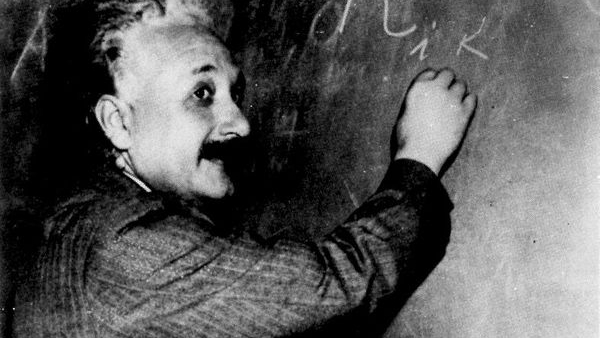
How do 'moving rulers shrink'? The strange physics behind special relativity
By Paul Sutter published
Special relativity is beyond weird. Among its many statements are that moving clocks run slow and that moving rulers shrink. But how are we supposed to make sense of this?
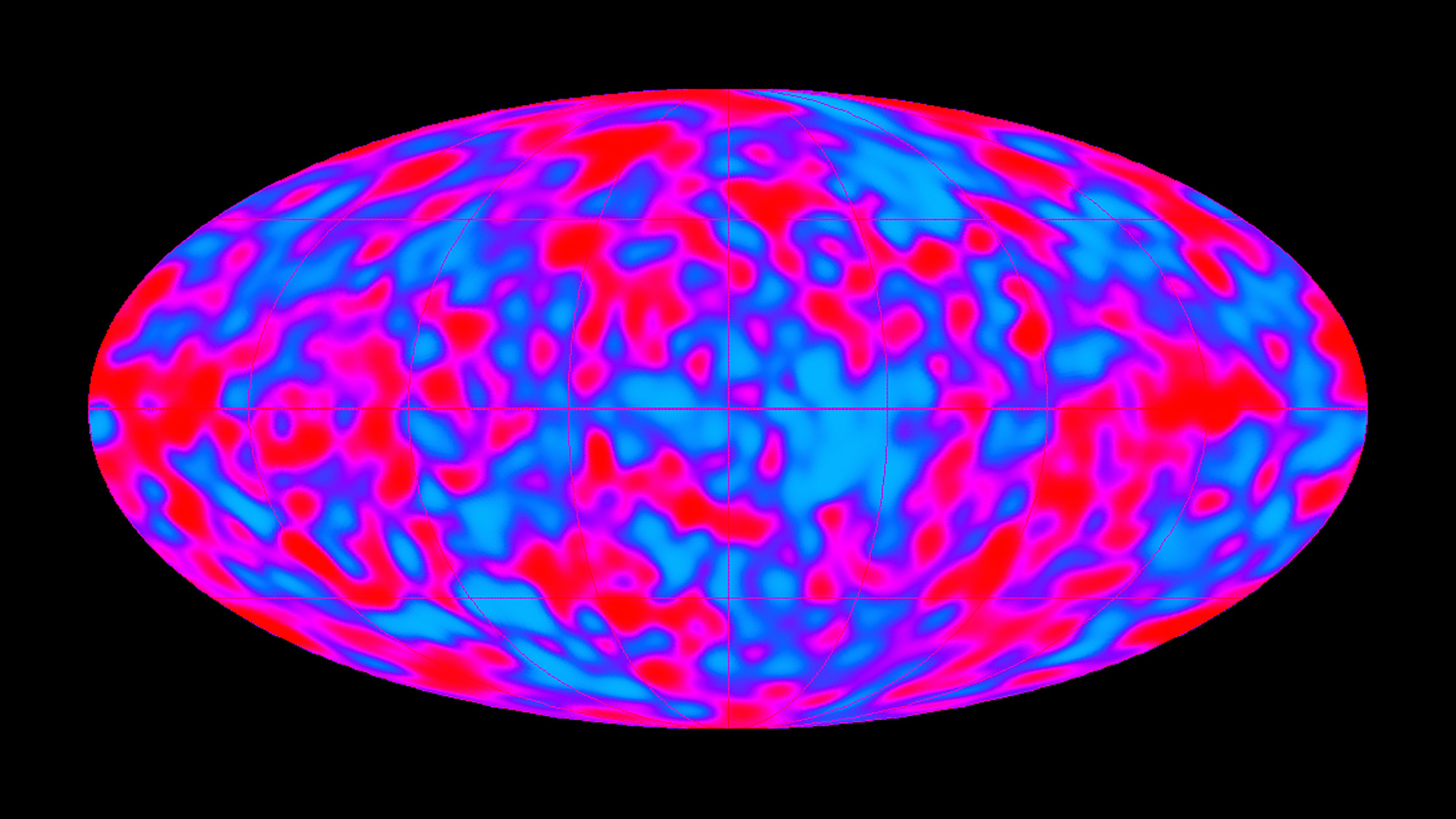
Why a giant 'cold spot' in the cosmic microwave background has long perplexed astronomers
By Paul Sutter published
Leftover light from the young universe has a major flaw, and we don't know how to fix it. It's the cold spot. It's just way too big and way too cold.
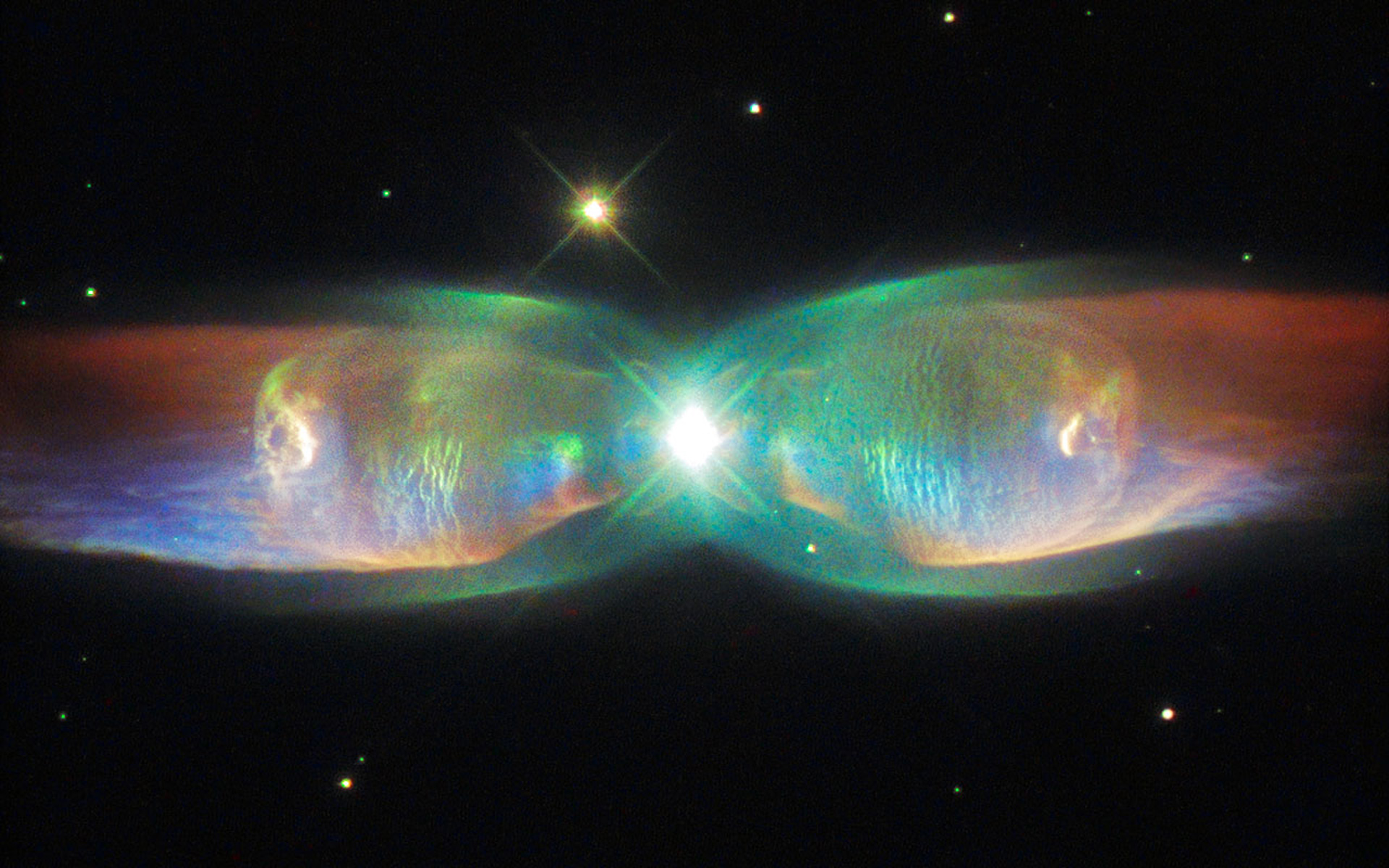
Giant 'rogue waves' of invisible matter might be disrupting the orbits of stars, new study hints
By Paul Sutter published
New research shows how disruptions to binary star systems could be the key to detecting space's most confounding substance — dark matter.
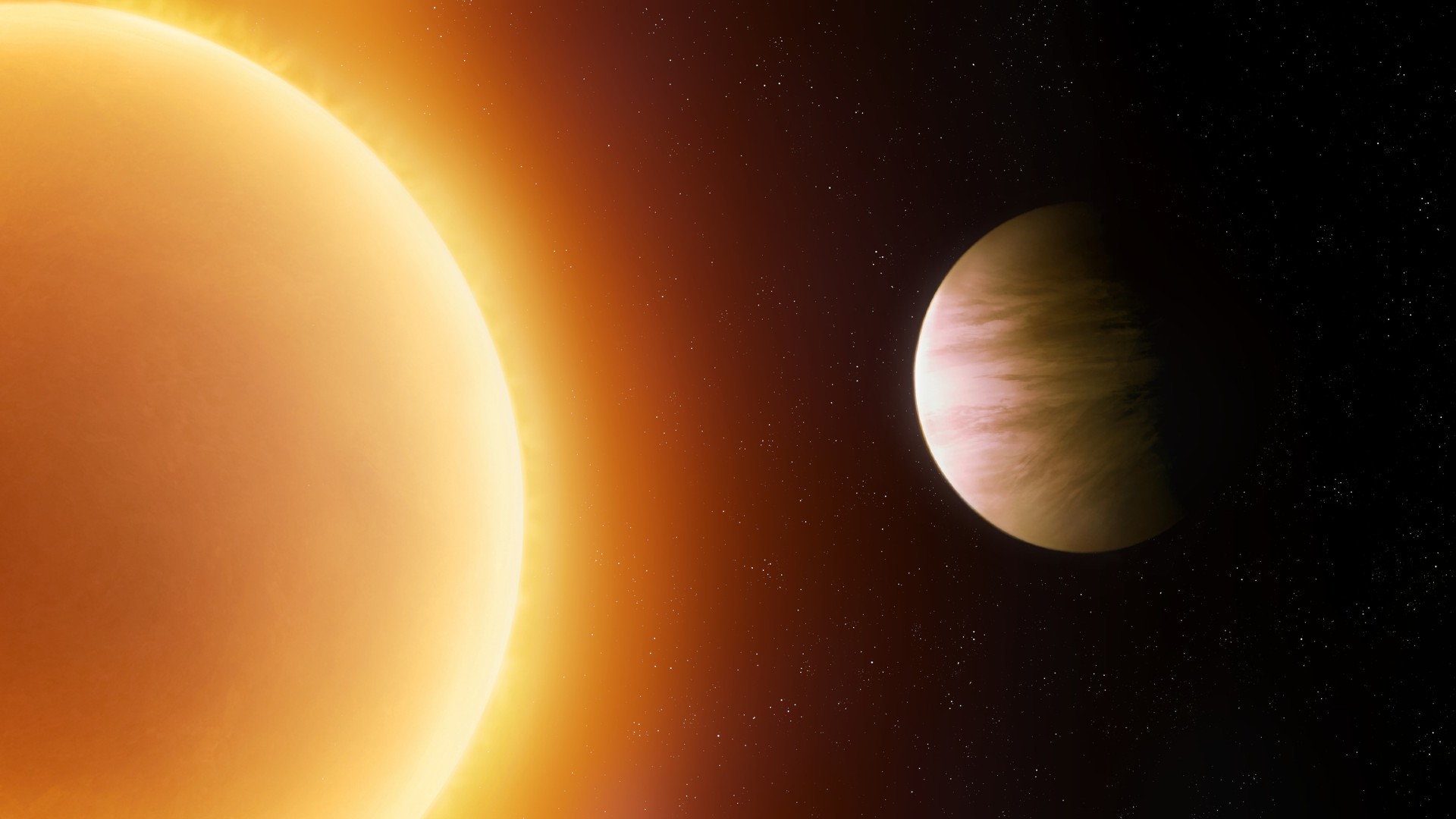
How could life survive on tidally locked planets?
By Paul Sutter published
Space mysteries Astronomers are especially interested in the habitability of these kinds of planets, which always face their star with the same side, because they are incredibly common in the universe.
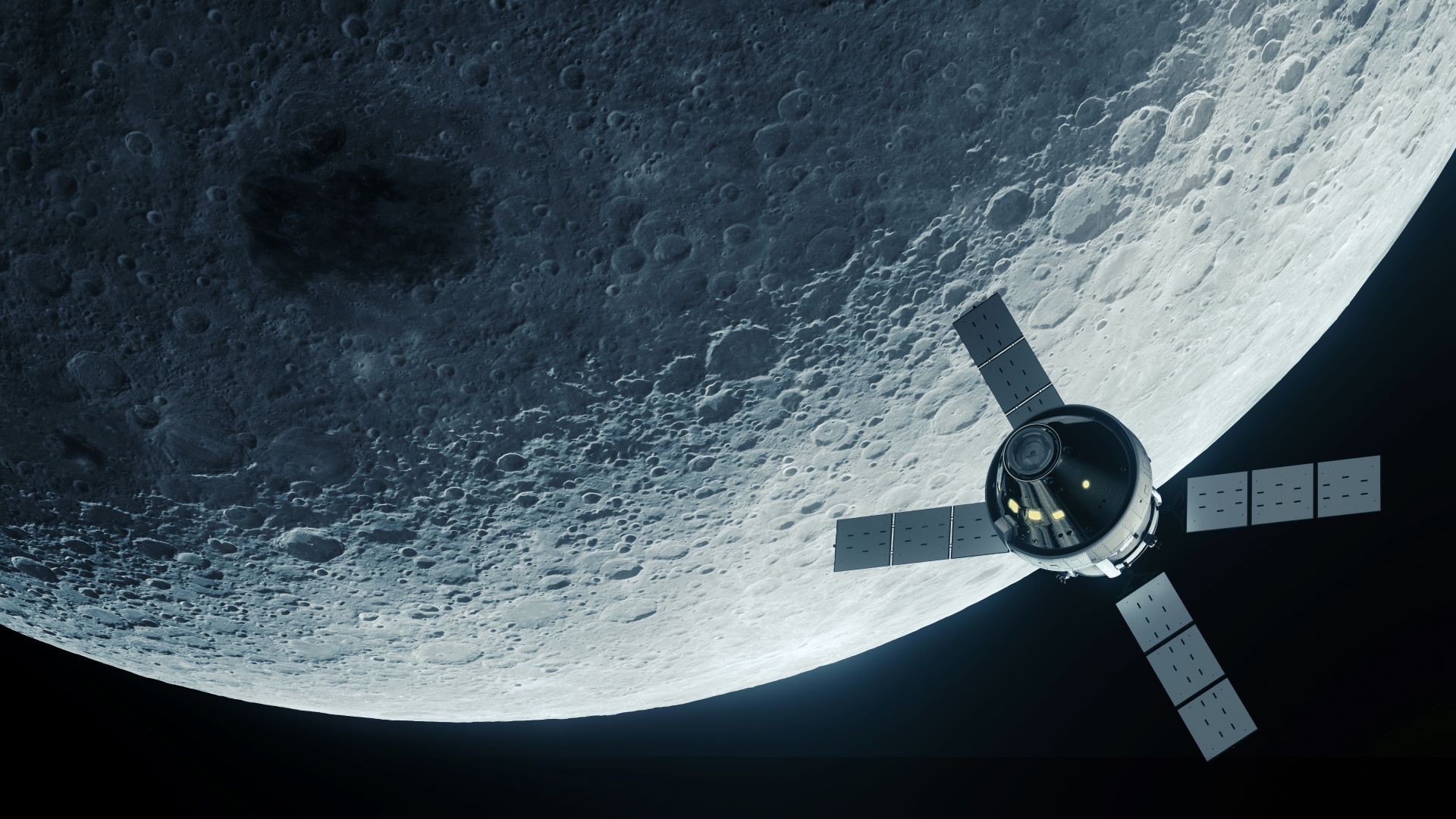
Why is it so hard to send humans back to the moon?
By Paul Sutter published
Space mysteries The Apollo program put humans on the moon in 1969. So why haven't we sent any more since?
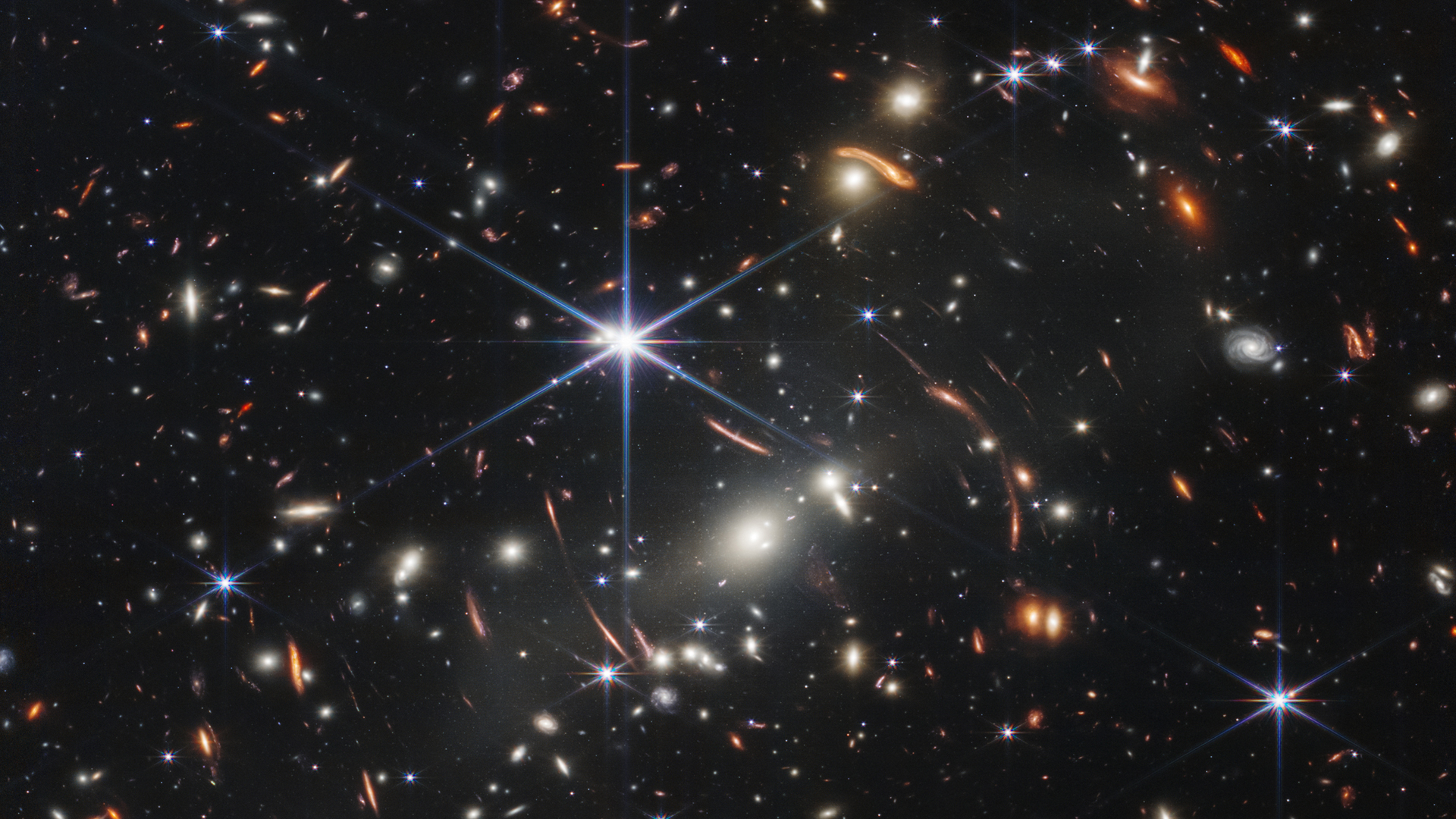
What is the most distant thing we can see?
By Paul Sutter published
Space mysteries To the unaided human eye, the night sky is resplendent with over 9,000 individual points of light, but that perspective covers only a bare fraction of the universe.
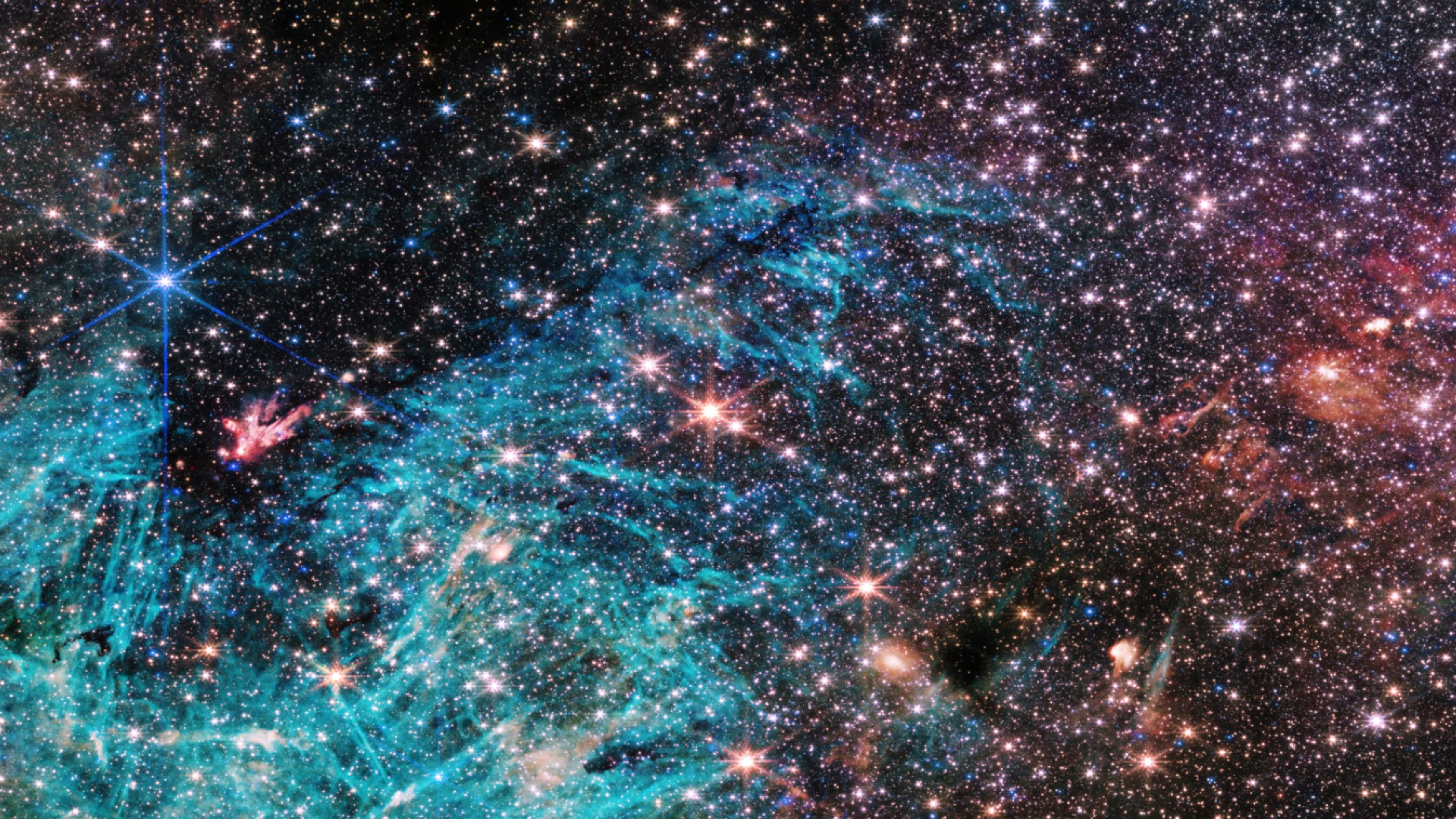
What is emergent gravity, and will it rewrite physics?
By Paul Sutter published
The idea is still new and requires a lot of assumptions in its calculations to make it work. Over the years, experimental results have been mixed.
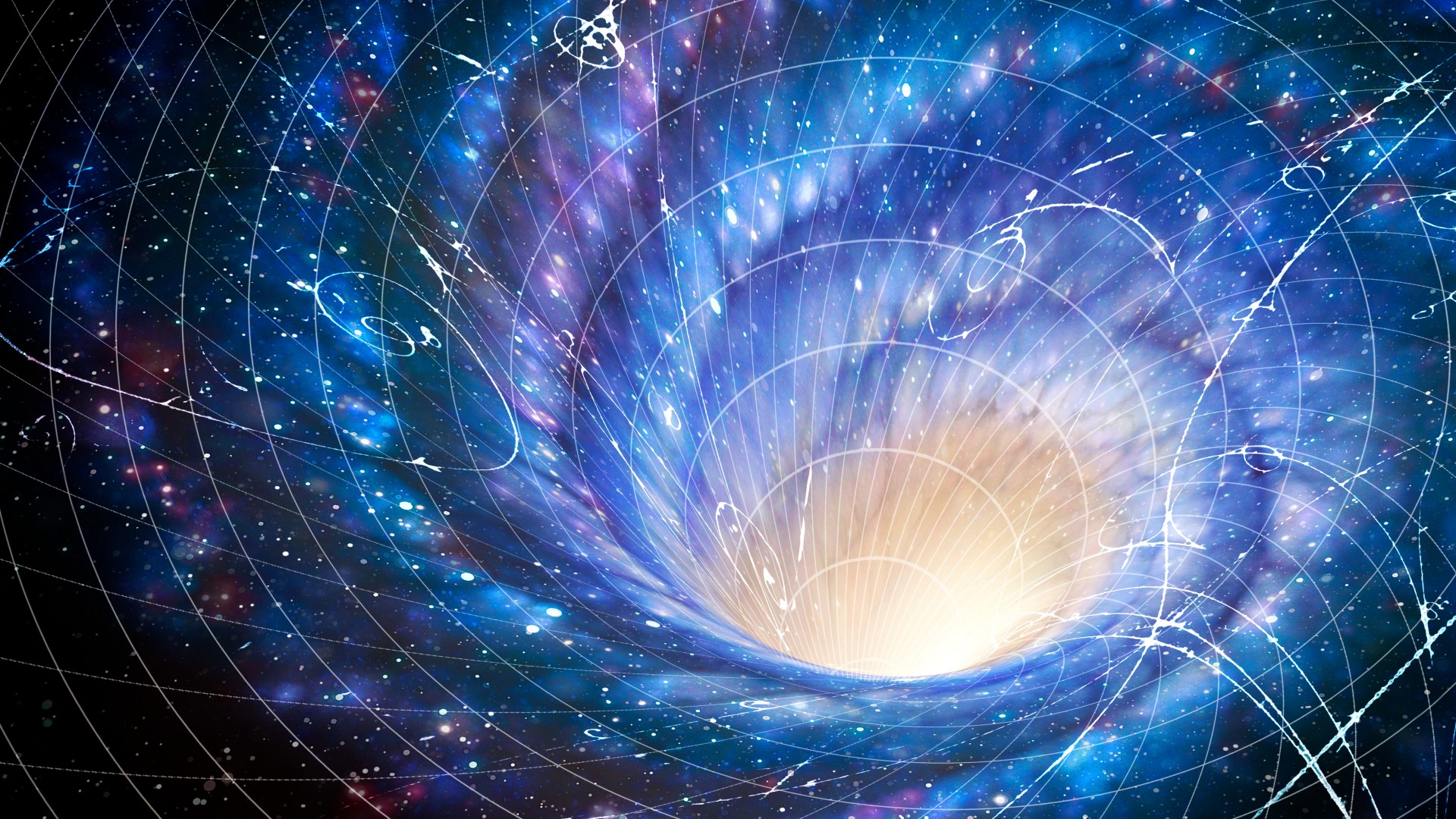
What is the big rip, and can we stop it?
By Paul Sutter published
Space mysteries Imagine a future where the universe, all too soon, tears itself apart. Eventually, space-time is torn asunder, rendering the universe uninhabitable.
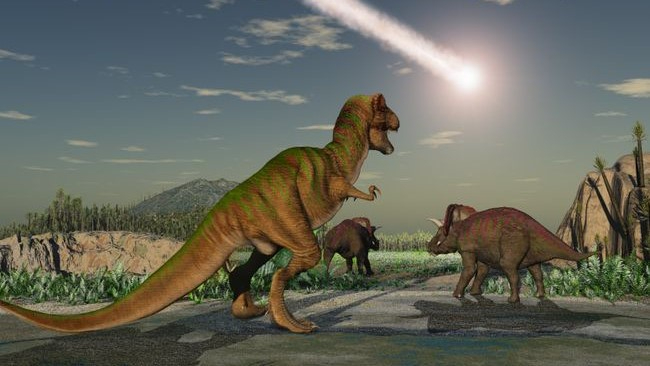
An asteroid will hit Earth at some point. What can we do about it?
By Paul Sutter published
Any day now, it could happen: We could detect an asteroid on an Earth-crossing trajectory. It might be tomorrow; it might be a thousand years from now. So what can we do about it?
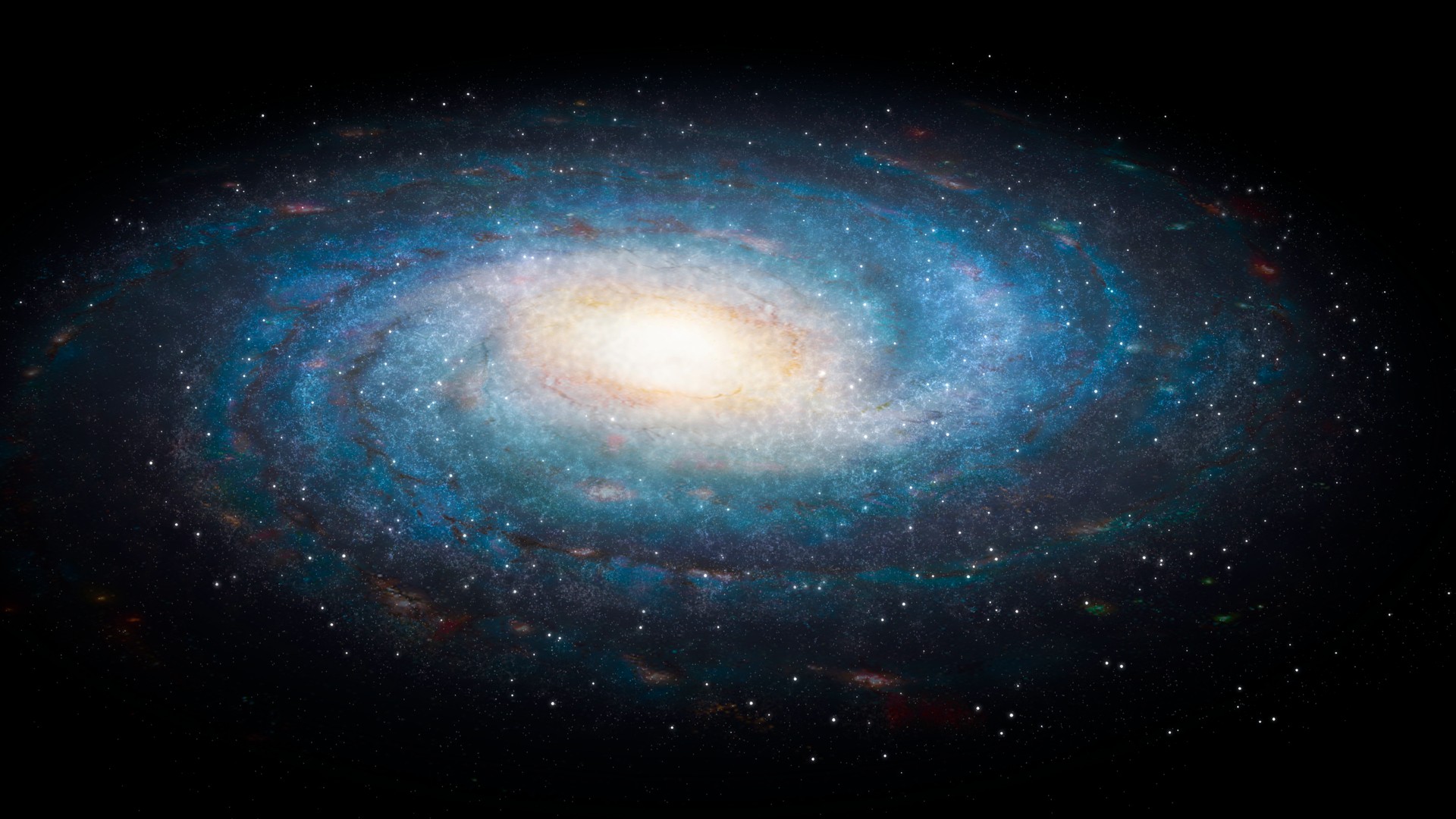
How do we know what the Milky Way looks like?
By Paul Sutter published
Directly mapping the Milky Way is an extremely challenging task, but observations of other galaxies helped us piece together what our home galaxy looked like.

We've been 'close' to achieving fusion power for 50 years. When will it actually happen?
By Paul Sutter published
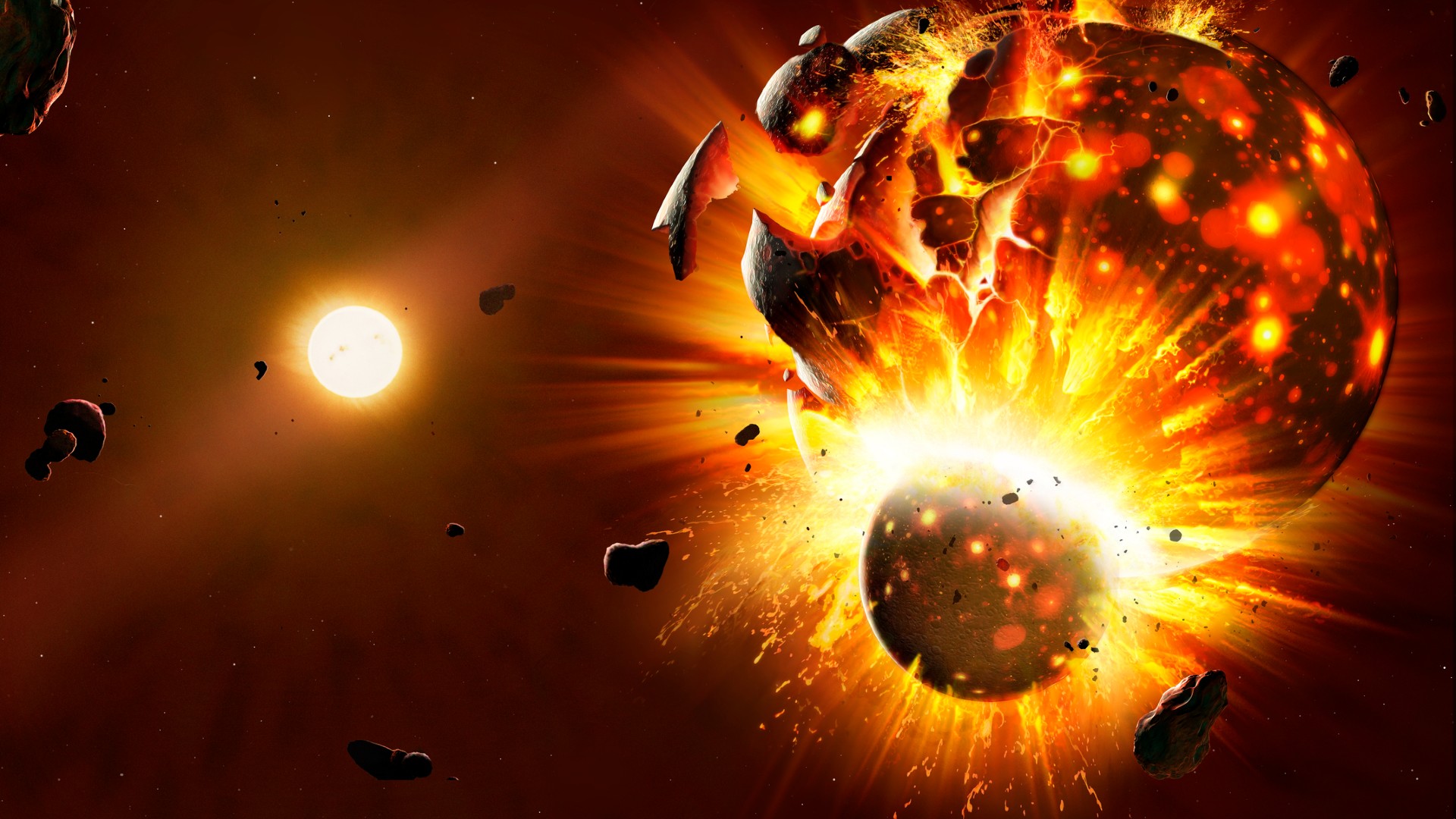
How giant impacts shaped the formation of the solar system's planets
By Paul Sutter published
Astronomers still aren't exactly sure how planets get their start.
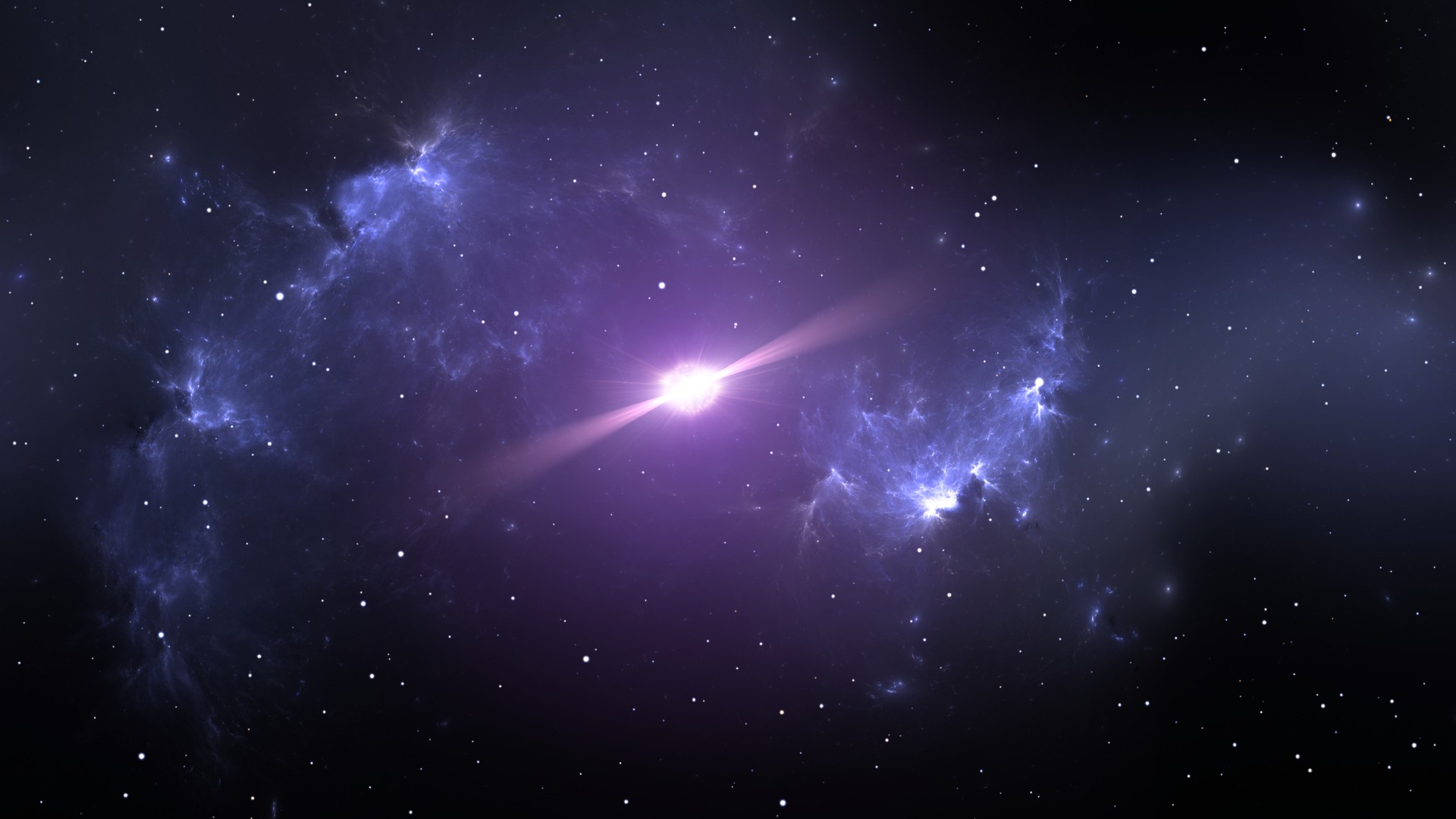
Neutron stars could be the ultimate dark matter detectors
By Paul Sutter published
One astronomer proposes that, instead of building gigantic, expensive experiments on Earth, we should try another method of searching for dark matter: Looking to the stars.
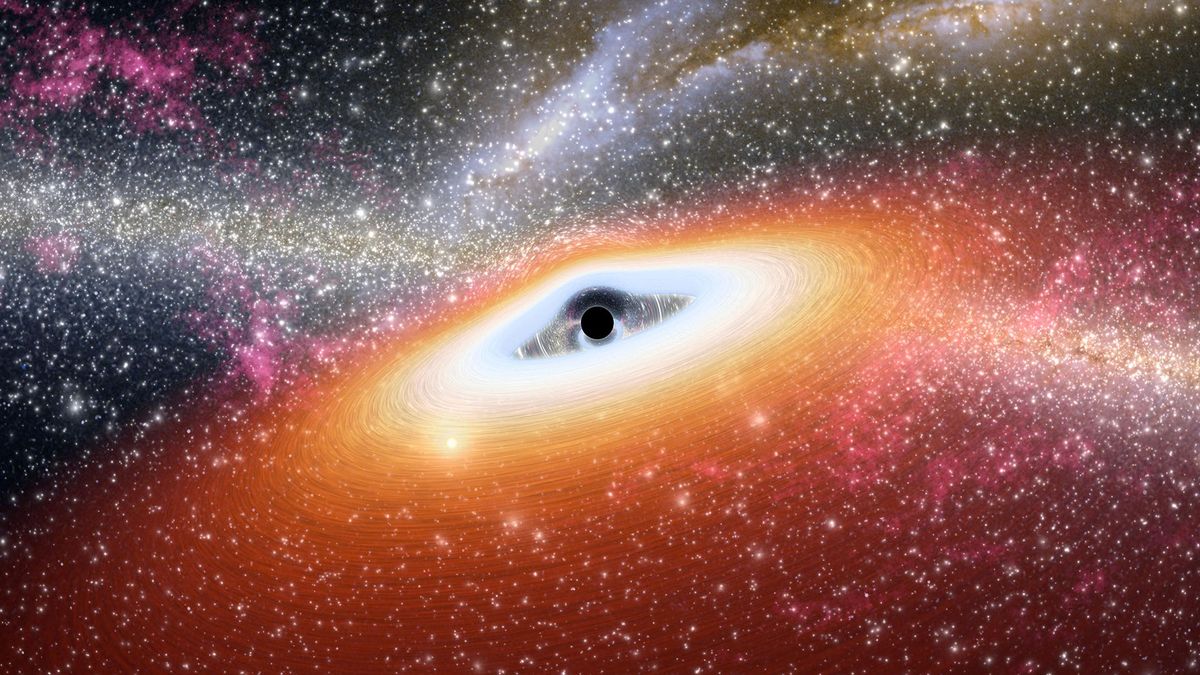
Turbulent 1st moments of a black hole's life captured in new simulations
By Paul Sutter published
Scientists modeled how black holes and neutron stars form after dying stars collapse, and explained why some get a hard 'kick' into interstellar space.
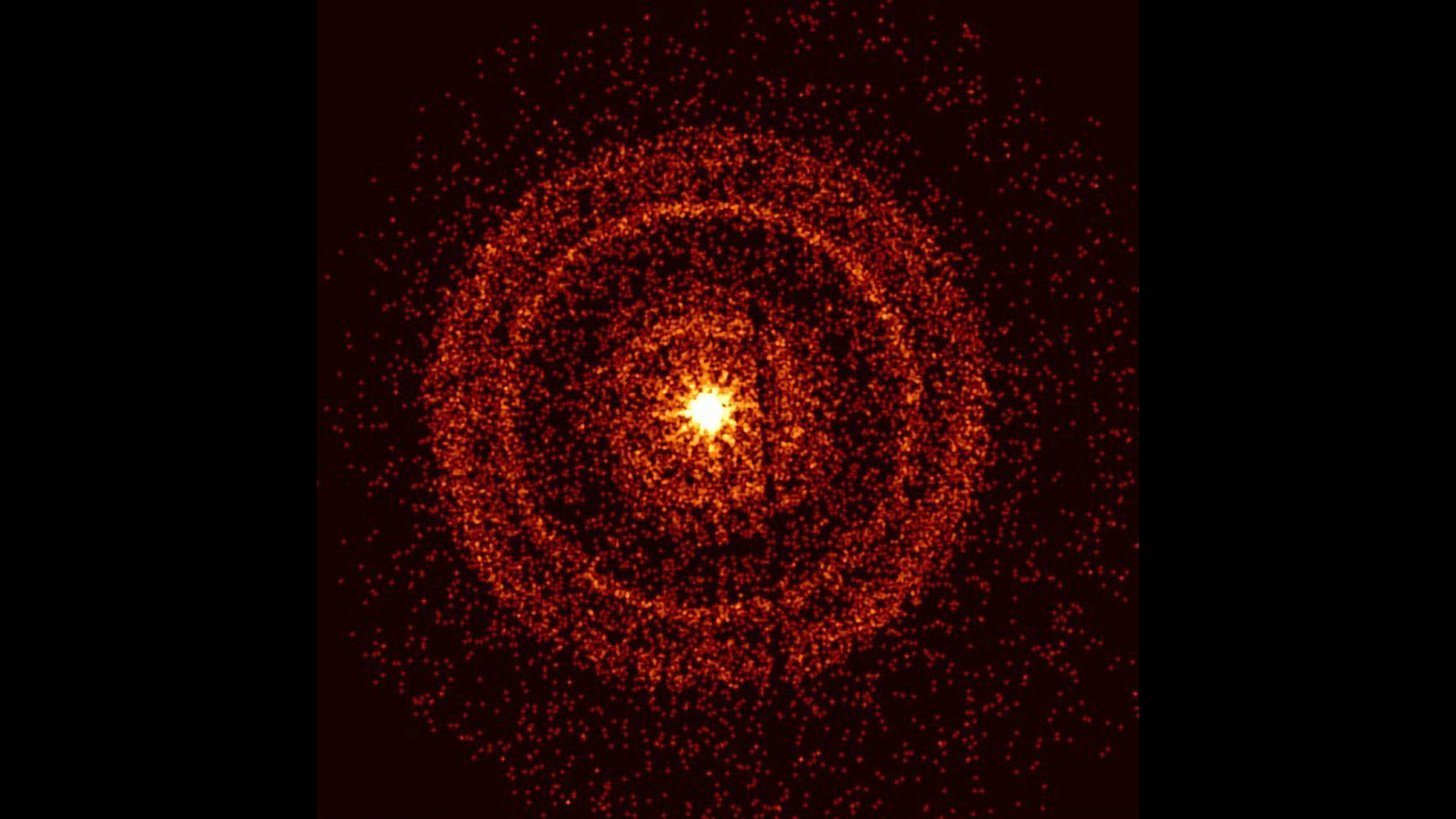
Weird particle physics stories that blew our minds in 2023
By Paul Sutter published
11 of the biggest stories about the smallest particles from 2023.
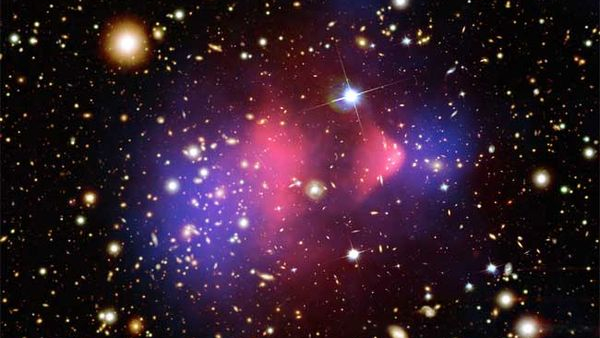
Life might have been possible just seconds after the Big Bang
By Paul Sutter published
Some physicists have hypothesized that in the earliest moments of the Big Bang, the forces of nature were so extreme and so exotic that they could have supported the growth of complex structures.

How can we restore public trust in science? (op-ed)
By Paul Sutter published
In an age of diminishing trust in science, scientists need to change how they work with the public and within the broader scientific community.
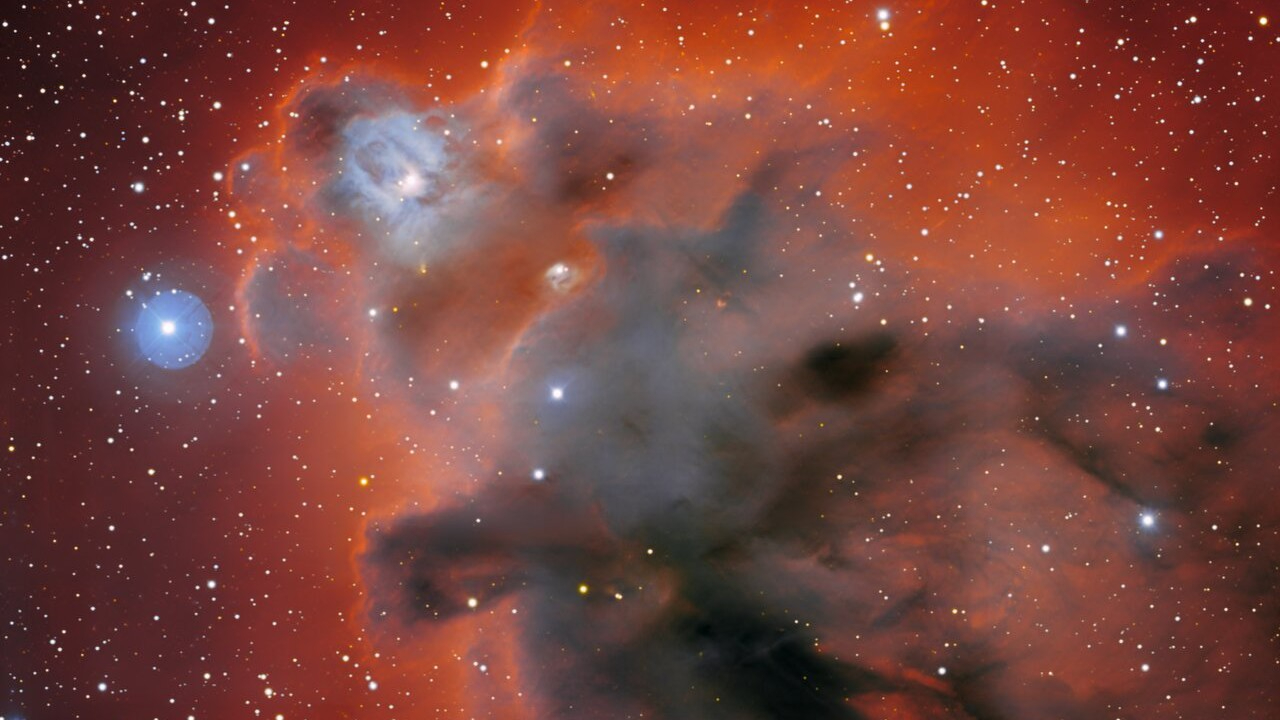
How exotic alien life could thrive in the giant molecular clouds of deep space
By Paul Sutter published
An astronomer has outlined a way for methane-producing life to thrive in the molecular clouds of deep space, opening up a new pathway to understanding the potential origins and diversity of life.
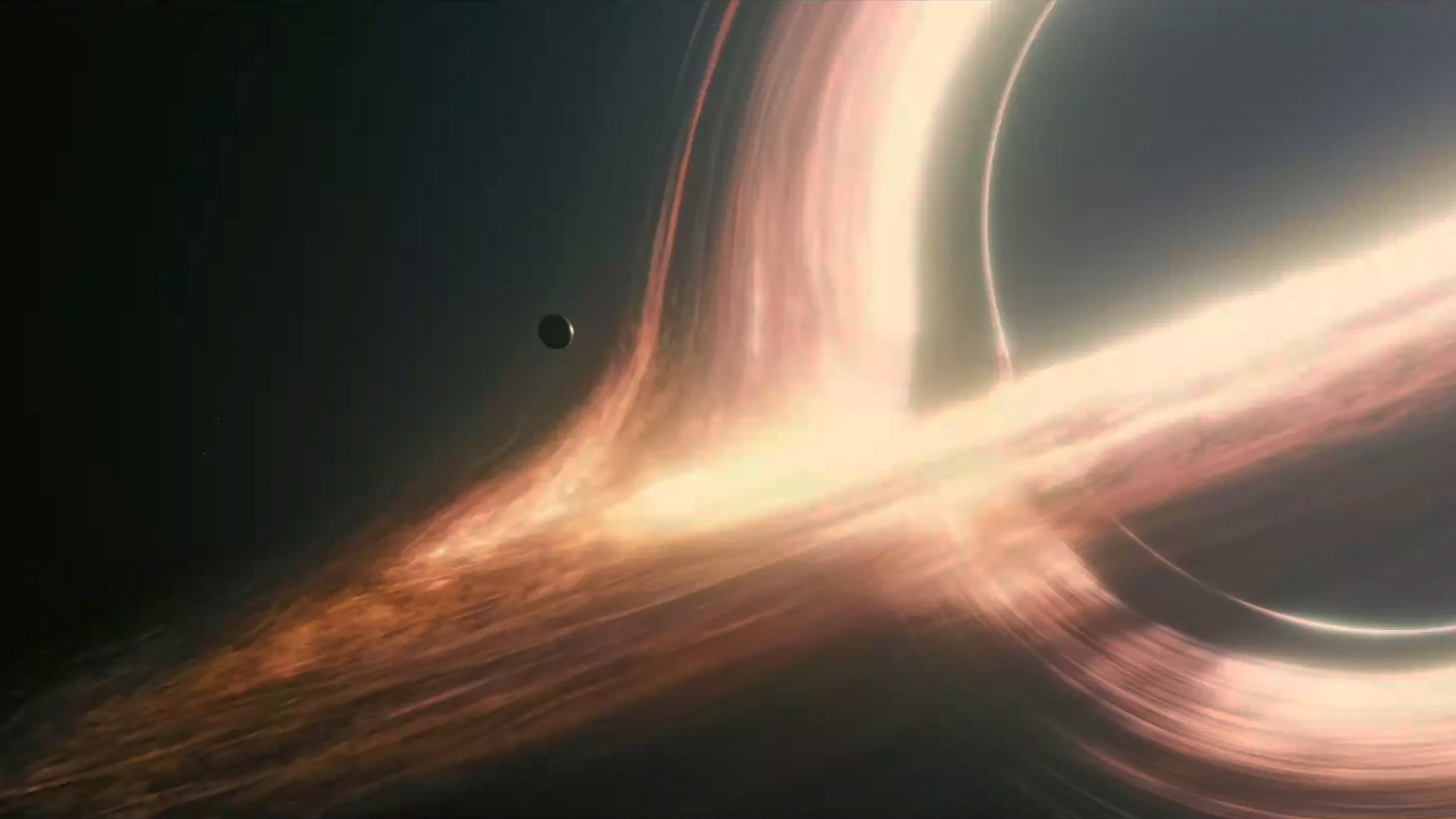
Interstellar astronauts would face years-long communication delays due to time dilation
By Paul Sutter published
Due to the mind-blowing distances and speeds required, interstellar travel remains a major spaceflight challenge. But new research highlights yet another hurdle: Communication blackouts.
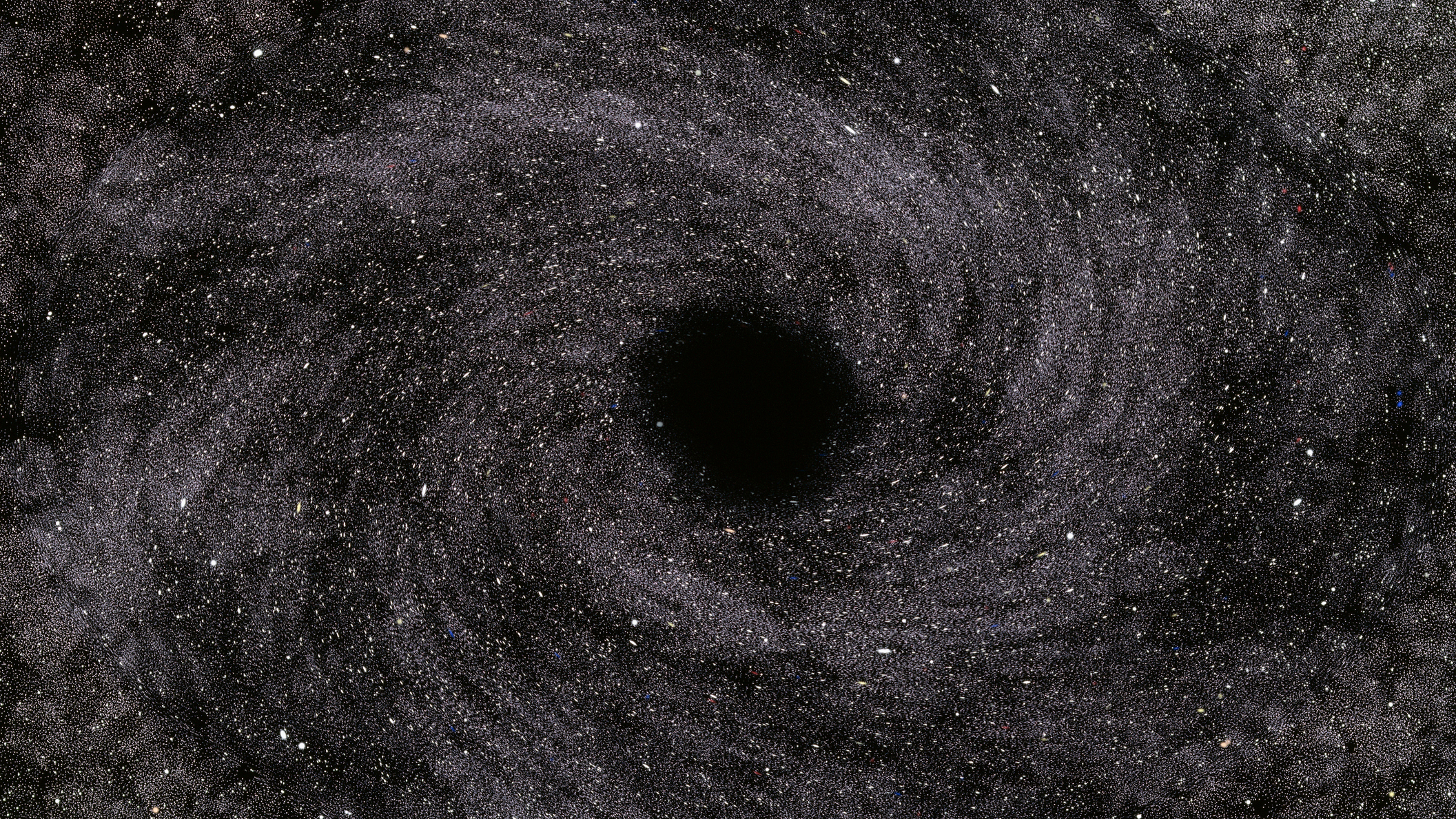
Is the vacuum of space truly empty?
By Paul Sutter published
Space mysteries Even though the density of interstellar space is billions of times lower than even our emptiest human-made vacuum chambers, it's not 100% percent empty.

What did ancient humans know about astronomy?
By Paul Sutter published
Humanity's ability to track and monitor celestial cycles stretches back into prehistory, long before the invention of telescopes and astrolabes.
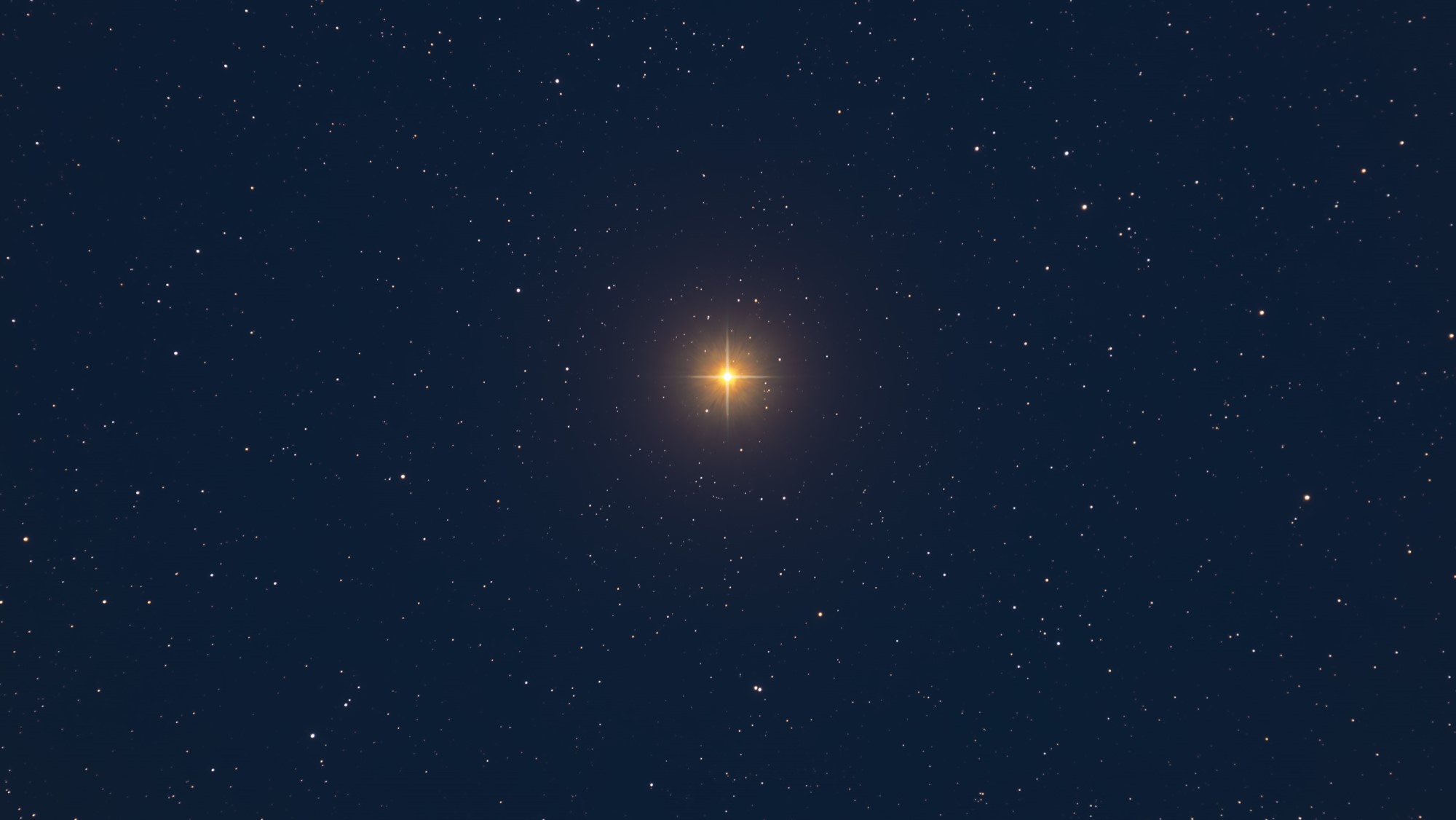
Betelgeuse may be the result of a 'quiet' star merger
By Paul Sutter published
Astronomers developed a sophisticated computer simulation to explore whether or not strange star Betelgeuse may be the result of a merger between two smaller stars.
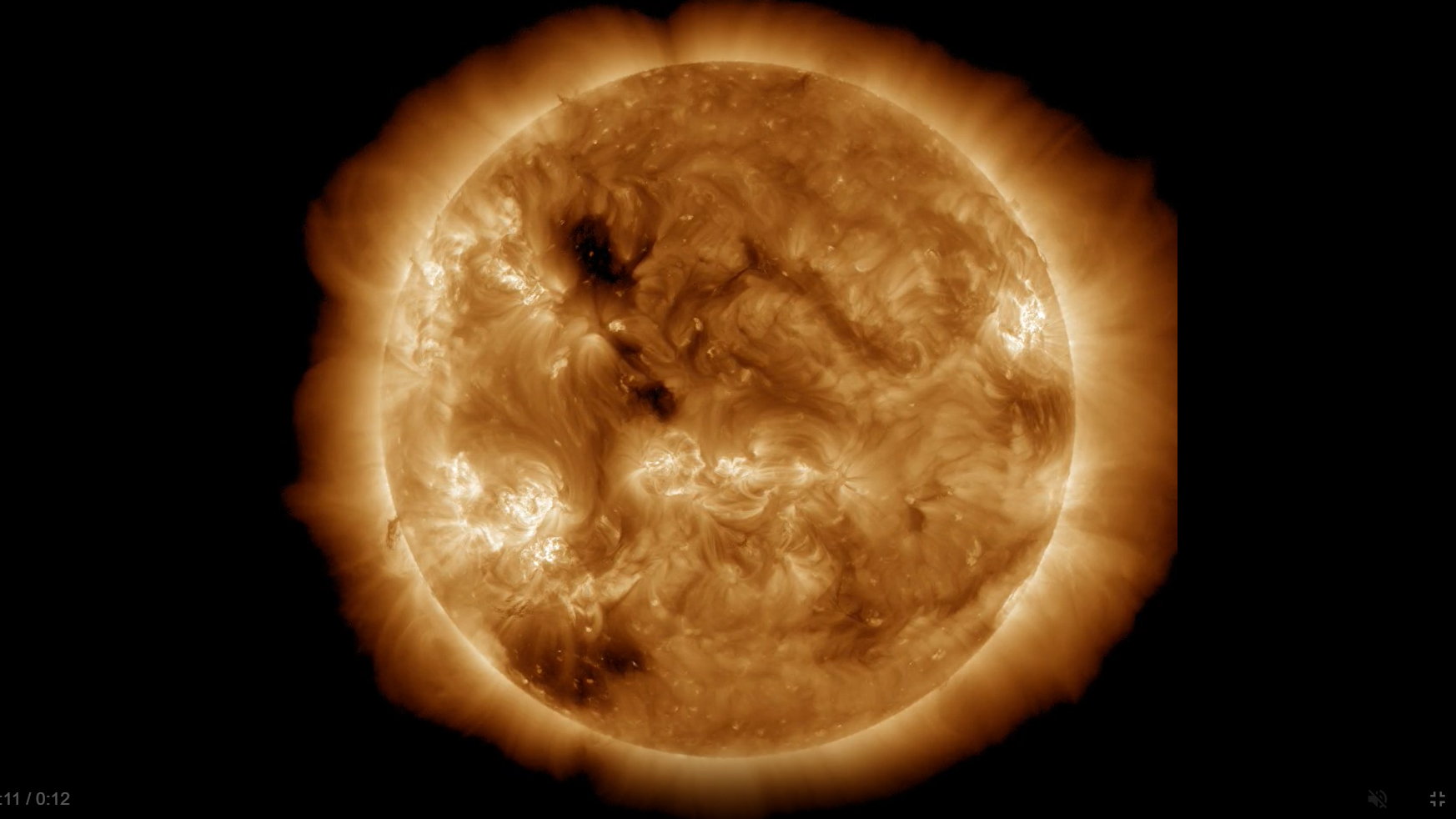
Space weather is a growing threat. This new NASA center aims to help protect us
By Paul Sutter published
Space is a dangerous place, especially when it comes to high-energy particles, and intense solar activity can pose threats to people and technology on Earth.

James Webb Space Telescope could have explained the mysterious signals from 'hell planet' 40 light-years away
By Paul Sutter published
The hellish super-Earth '55 Cancri e' may be constantly losing and re-growing its atmosphere, a new study of the planet's strange transit signals suggests.
Get the Space.com Newsletter
Breaking space news, the latest updates on rocket launches, skywatching events and more!
